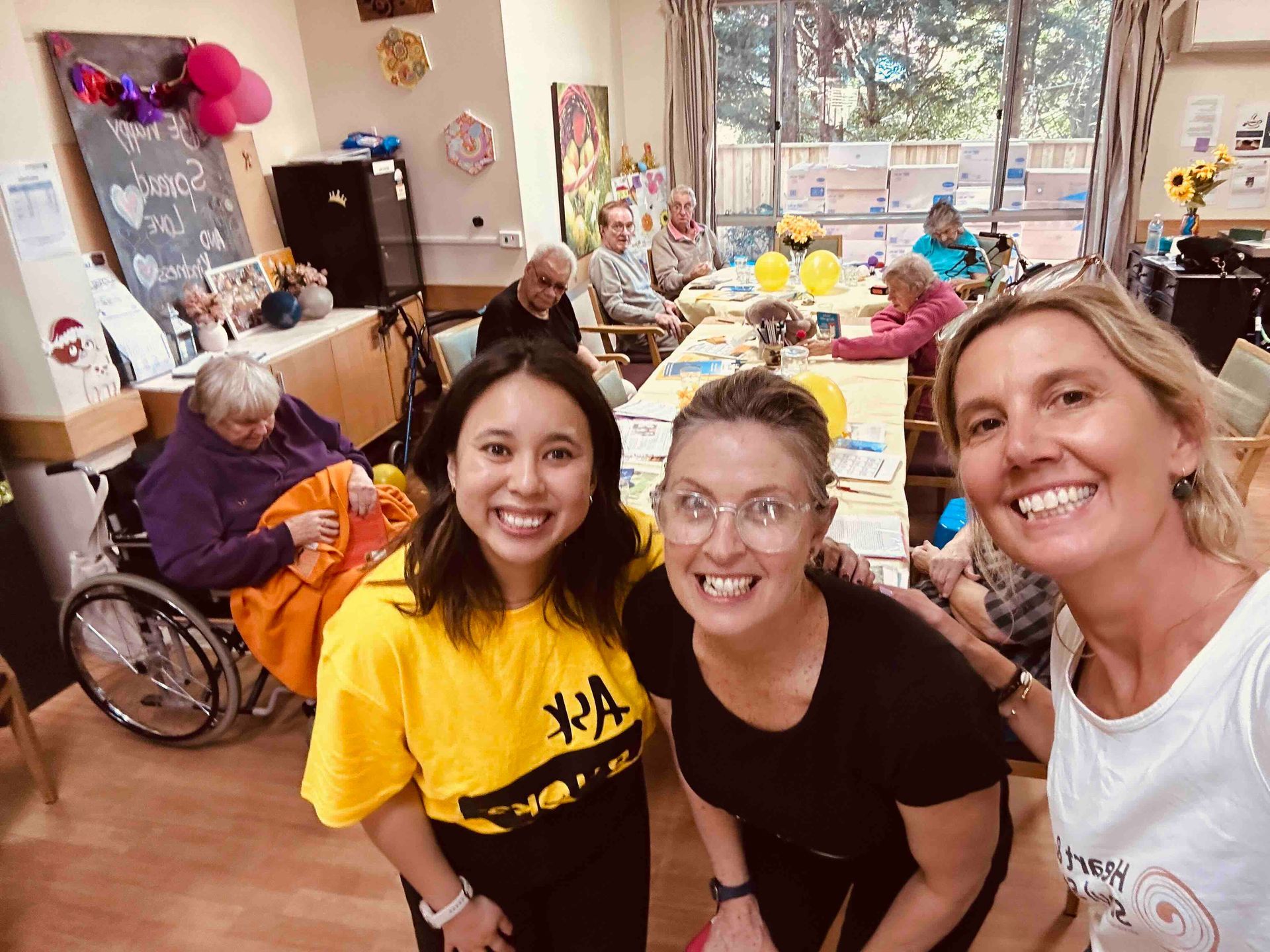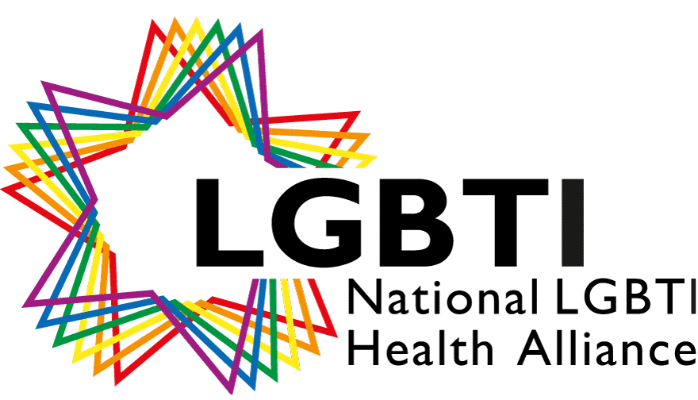How do we help end the isolation and discrimination affecting too many LGBTIQ+ people?
Lesbian, gay, bi, trans and intersex (LGBTIQ+) people are overrepresented in mental health statistics , as well as self-harm and suicide statistics.
Why?
Largely due to stigma, discrimination, prejudice and abuse.
We sat down with Sally Morris, National MindOUT ! Project Coordinator at the National LGBTI Health Alliance , to find out what we can all do to change this.
Tip 1: Never make assumptions about people’s sexual orientation, sex or gender identity or what this means to them
“The most common assumptions are centered around stereotypes. Someone might assume someone is LGBTIQ+ based on the clothes they wear, the way they talk, their mannerisms and other aspects like that. They can also make assumptions that If someone isn’t displaying those stereotypical behaviours that means that they’re not LGBTIQ+. Or if someone’s engaging in same sex behaviour or not conforming to gender norms then that means they must be gay. However this is not always true. It might be for some, but stereotypes are only one part of a much more complex story. We need to avoid making assumptions that behaviour equals identity,” says Sally.
“Our focus needs to be on supporting someone regardless of where they are at in their experiences. And that means not forcing labels or identities upon people but trying to understand their experience, even if this experience is fluid, temporary or changing. A label is something we have to choose for ourselves.
“When you’re supporting someone, try and understand where their experience is at rather than forcing them make a decision about where their identity has to lie. You don’t want to make them feel like they have to fit into boxes. It’s about saying, ‘It doesn’t matter about boxes or labels. What matters is what you’re experiencing right now and how you’re feeling. So let’s talk about that.’
Tip 2: Ask non-judgmental questions
"It is ok to ask questions around being LGBTIQ+ if your goal and purpose is to provide someone with the type of support that they need. Don’t ask questions simply to satisfy your own curiosity.
"To try and understand what someone’s going through, ask gentle, open exploring questions like, ‘How do you feel about this? Is this a positive or a negative experience? Is this something you’re worried about?’ Try and avoid naïve or insensitive questions that can seem judgmental such as, ‘Are you sure? How do you know? How long have you known?’ This can have a negative impact on your rapport with the person you are supporting and it can impact how they feel about themselves,” Sally says.
Tip 3: Be very clear that being lesbian, gay, bisexual, trans, intersex and/or questioning is not in itself a problem
Sally stresses the importance of using a positive framework when talking about someone’s experience.
“If you come in with a negative frame or pre-existing belief that being LGBTIQ+ is a negative thing or that this person’s life is going to be difficult, or hard, or have extra challenges, than that can colour how someone will experience their current experience. If you come in with a neutral attitude, that can have an influence as well as it can indicate that their experiences are insignificant. It’s important to have a positive framework which emphasises that they aren’t alone and there is hope for the future.
“If you don’t feel confident in your ability to support an LGBTIQ+ person in the way that they need, ensure that they get support from someone who can.”
Tip 4: Let them tell their own story
“We need to create spaces for people to tell their story and their experience quite open and broadly, without judgement. Often, people are really keen to show their support, so they might say, ‘Oh, my Uncle Joe, neighbor or ex-boss is gay’ and then start talking about their own experience or the people in their world. It’s important to let someone tell their own story in their own time and not hijack that story,” Sally says.
“Each LGBTIQ+ person will have a unique experience, although connected by underlying themes of stigma, discrimination, prejudice, exclusion and isolation, each story will be different, and it is important that we all have the space to tell our own story in the way that we experience it.”
Tip 5: Be responsible for your own learning
Finally, Sally encourages everyone to take personal responsibility for educating themselves.
“I really encourage people to be responsible for their own learning by educating themselves and not just using the LGBTI people in their lives to be their educators. There are some great resources on the internet and from LGBTI groups. You don’t want to be asking someone if they need support and then spend the whole conversation getting them to explain to you what the certain words mean, how you should talk to them, and what is and what is that. You want them to get what they need from that conversation, not to be there as your teacher.”
MindOUT is a National LGBTIQ+ Mental Health and Suicide Prevention Project working with mainstream mental health and suicide prevention organisations, LGBTIQ+ organisations and supporting LGBTIQ+ people and communities.
Q Life is a national counselling and referral service for Lesbian, Gay, Bisexual, Transgender and Intersex (LGBTIQ+) people. Call 1800 184 527 for their peer supported telephone service or access their web service here.
For practical advice on ways to start a conversation with someone you care about visit our LGBTIQ+ Hub.






















